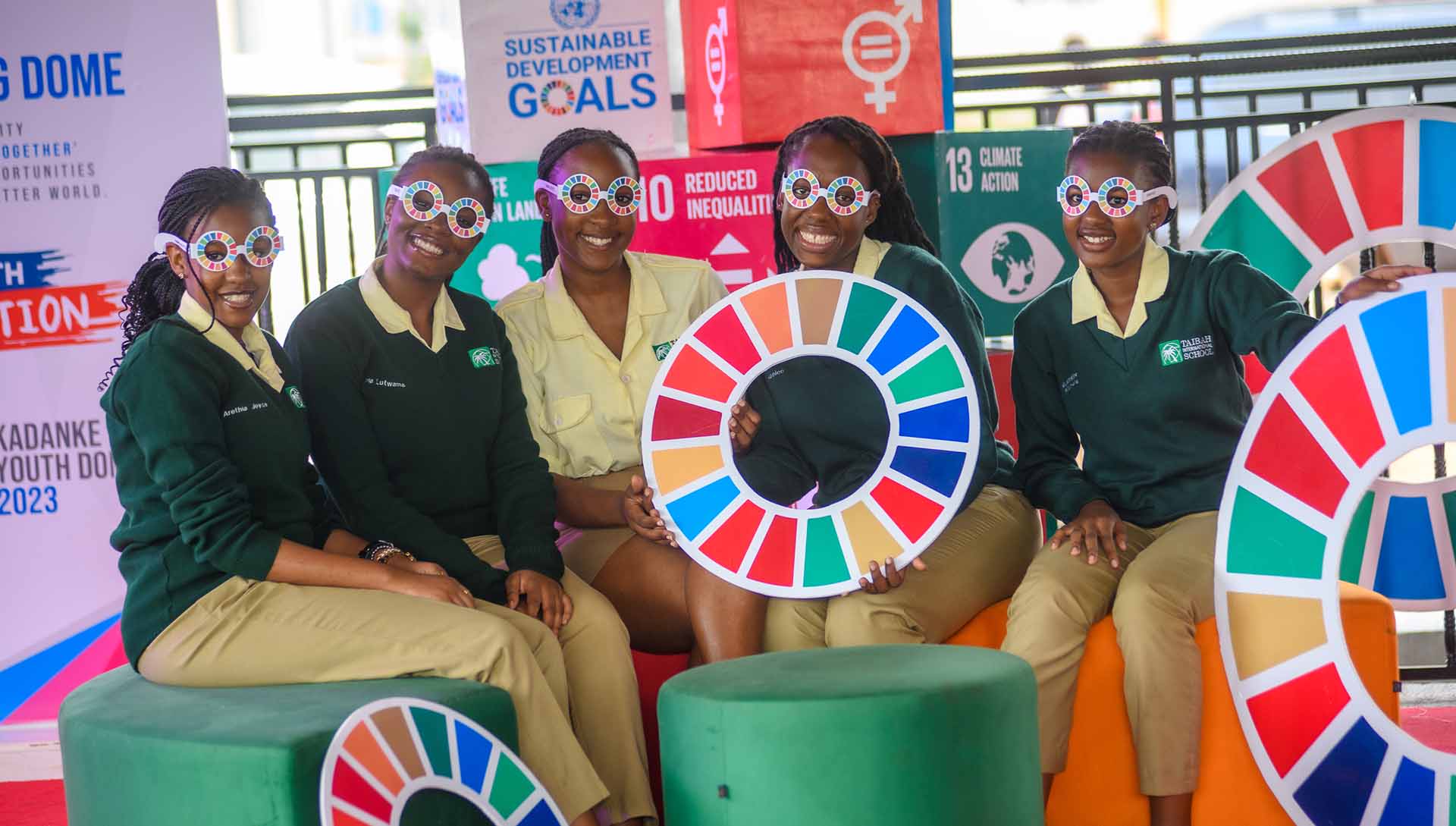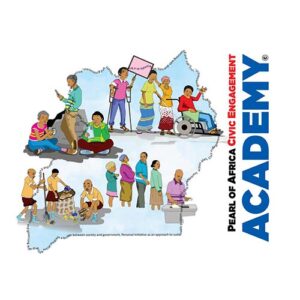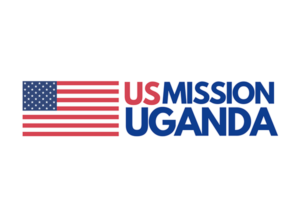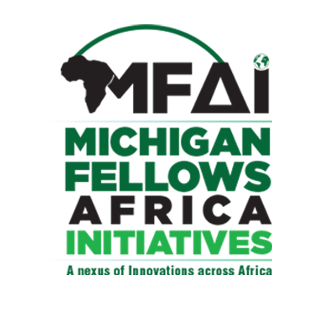


Pearl of Africa Civic Engagement (PACE) Academy project is an educational program, and week-long residential Bootcamp experience for young people between 16-18 years of age across Uganda. The project is implemented by Michigan Fellows Africa Initiatives MFAI and modelled after the University of Georgia African Civic Engagement Academy ACEA. The overarching objective of the project is to train a total of 100 young leaders in civic engagement. The goal of the project is to increase the number of young people participating in civic life and governance, understand and engage with political representatives, hence increasing civic engagement nationwide. MFAI will partner with selected secondary schools across four cohorts to implement the PACE Academy project 2022-2024.
Syllabus
The syllabus highlights the focus areas of the PACE Academy project which are;
The PACE Academy project will provide opportunities for youth participants to engage with political representatives, such as elected officials, law enforcement officers, legislators, international experts and include a National summit. Participating schools and learners will receive a certificate of participation and acquired skills upon successful completion respectively.
Funded by the US Embassy in Kampala, the PACE Academy project will be implemented by MFAI in collaboration with the Ministry of ICT – Department of National Guidance, Government, Citizen Interaction Centre (GCIC) and Alumni of US exchange Programs in Uganda to train young leaders in civic participation.
For more details on how to apply for the PACE Academy project,
please go to the on-going projects section.
PACE stands for Pearl of Africa Civic Engagement. The PACE Academy project is a civic educational project implemented by Michigan Fellows Africa Initiatives (MFAI) Uganda, funded by the US Embassy Kampala and supported by the government of
Uganda

PACE Academy project seeks to train young leaders within secondary schools in civic engagement. Specific objectives include;
i. Increase young people’s productive engagement with government
ii. Deepen awareness on inclusion and leading with diversity. iii. Increase knowledge on the use of social media as a bridge between society and government. iv. Inspire mindset change through personal initiatives to sustainable problem solving
i. Learners will have deeper knowledge and skills on how to engage with government, solving societal challenges as they emerge without resorting to violent extremism, and meaningfully participate in civic life.
ii. Teachers, parents, and staff from participating schools will attain deeper competences in
practical civic training, teaching and engagement.
iii. The project contributes to National Development Plans, line Ministries Strategic Sector plans specifically for the Ministry of Education and Sports, Ministry of ICT, National Guidance through training and health competitions that inspire a generation of patriotic, knowledgeable and noble young leaders
Project activities such as; in-school mock debates, pitching competitions, regional workshops and a National summit. Learners from selected project schools will have the unique opportunity to engage directly with peers from other secondary schools, government officials,institutions, the media and experts within Uganda’s Civil society and Private Sector and beyond The program is delivered by strategically selected experts using didactic in-class sessions, group tasks, storytelling, and role modelling.
PACE Academy project will reach over 400 secondary students across 4 cohorts. A total of 100 students will be selected to participate is week long workshops, and the National PACE summit. Teachers, parents, and general project schools fraternities will also participate in the project activities as trainers, mentors, moderators, and coordinators.
PACE is a countrywide project that will offer a competitive opportunity for secondary schools to apply for participation. MFAI and partners adopt a merit based selection approach that focuses on ; relevance of the project to the applicant school, previous experience of the school, capacity of the school to host a residential workshop, and interest.
Participating schools and learners will receive an award of participation and a certificate attesting to the acquired skills upon successful completion of the program
PACE will be implemented within 12 months. Continuous implementation of the project beyond this period will depend on the success of the program and resource availability.
Participants will continue to receive technical support and supervision from their coaches who will connect them with mentors and role models, and provide information that is essential to the themes of the program. In 2 months after the each cohort, each participant will be required to implement a digital civic campaign. Participants will also be connected to peers to wider the MFAI professional networks in Uganda and the United States.
PACE Academy project objectives, syllabus and activities are set to productively contribute to the realization of the Vision 2040 and the National Development Plan III program 18 which are ;-
i. Enhance effective mobilization of families, communities and citizens for national development;
ii. Strengthen institutional capacity of central and local government and non-state actors for effective mobilization of communities;
iii. Promote and inculcate the National Vision and value system;
iv. Reduce negative cultural practices and attit

This project is funded by the US. Embassy in Uganda
